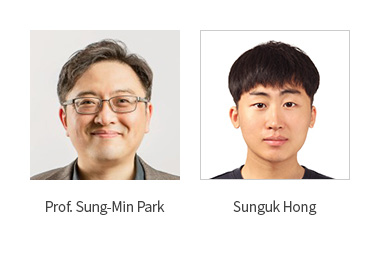
Computer Vision Enhanced Sensors Aid Mobility-Challenged Patients
Researchers from Pohang University of Science and Technology (POSTECH) have developed optical sensor technology to aid patients with limited mobility during their rehabilitation. The sensor integrates computer vision technology to help track muscle movements.
Wearable devices such as smartwatches, smart eyewear, and, to an extent, smartphones can be vital for tracking health. Many have built-in functions like step counters and heart-rate monitors.
Other devices, like wearable robots, use strain sensors to analyze data by translating specific physical changes in specific regions into electric signals. These sensors are flexible, lightweight, and adept at gauging subtle bodily changes. Still, conventional soft strain sensors often exhibit inadequate durability due to susceptibility to external factors such as temperature and humidity, and their complicated fabrication process poses challenges for widespread commercialization.

Researchers from the Pohang University of Science and Technology developed medical sensor technology that incorporates computer vision technology to aid patients who exhibit limited mobility. Courtesy of POSTECH.
To improve this concept, researchers led by professor Sung-Min Park and Sunguk Hong developed technology known as computer vision-based optical strain (CVOS). The technology combines computer vision and optical sensors to analyze microscale optical patterns, extracting data regarding changes unlike conventional sensors, which are reliant on electrical signals. In this way, patients and health care professionals benefit from an inherently durable application that has a streamlined fabrication process, according to the researchers.
The CVOS sensors detect three-axial rotational movements through real-time multiaxial strain mapping. This enables precise recognition of intricate and various bodily motions through a single sensor. Through integration of an AI-based response correction algorithm that corrects diverse error factors arising during signal detection, experimental results showed a high level of confidence. After undergoing more than 10,000 iterations, the sensors consistently maintained their performance.
According to Park, the ability to tailor design indicators and algorithms to align with specific objectives give the CVOS sensors potential use in multiple industries.
The research was published in npj Flexible Electronics (www.doi.org/10.1038/s41528-023-00264-1).
Published: September 2023